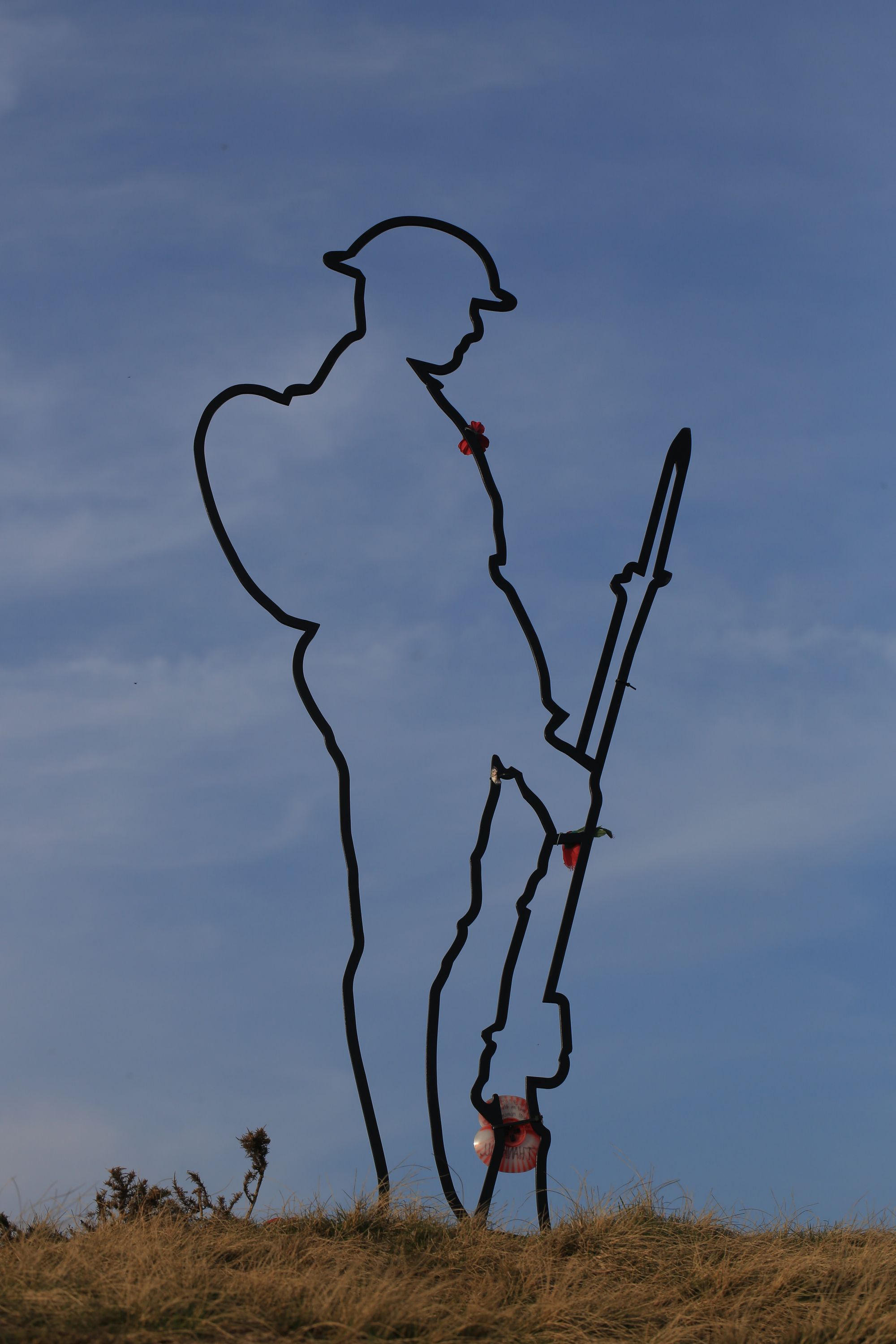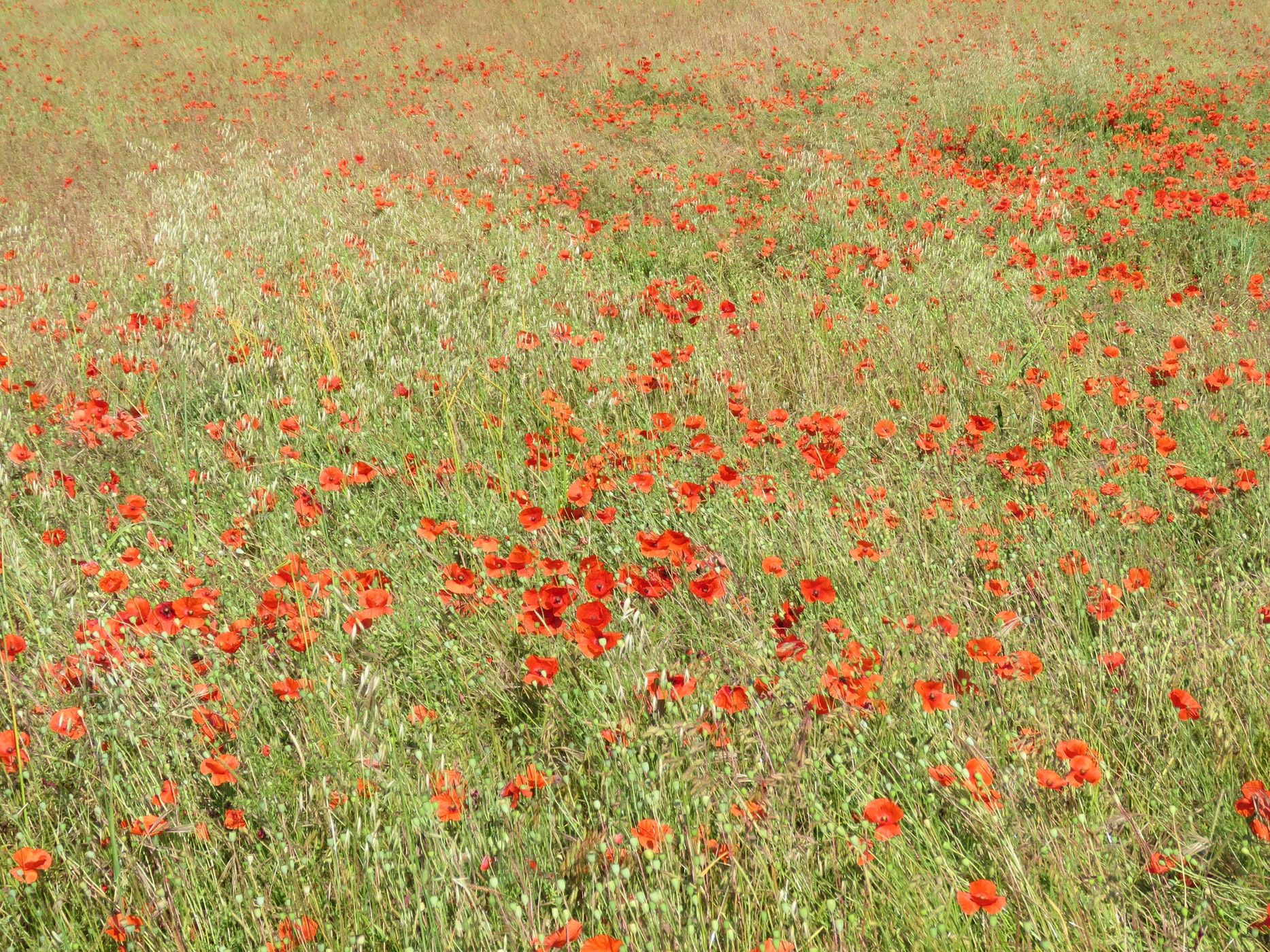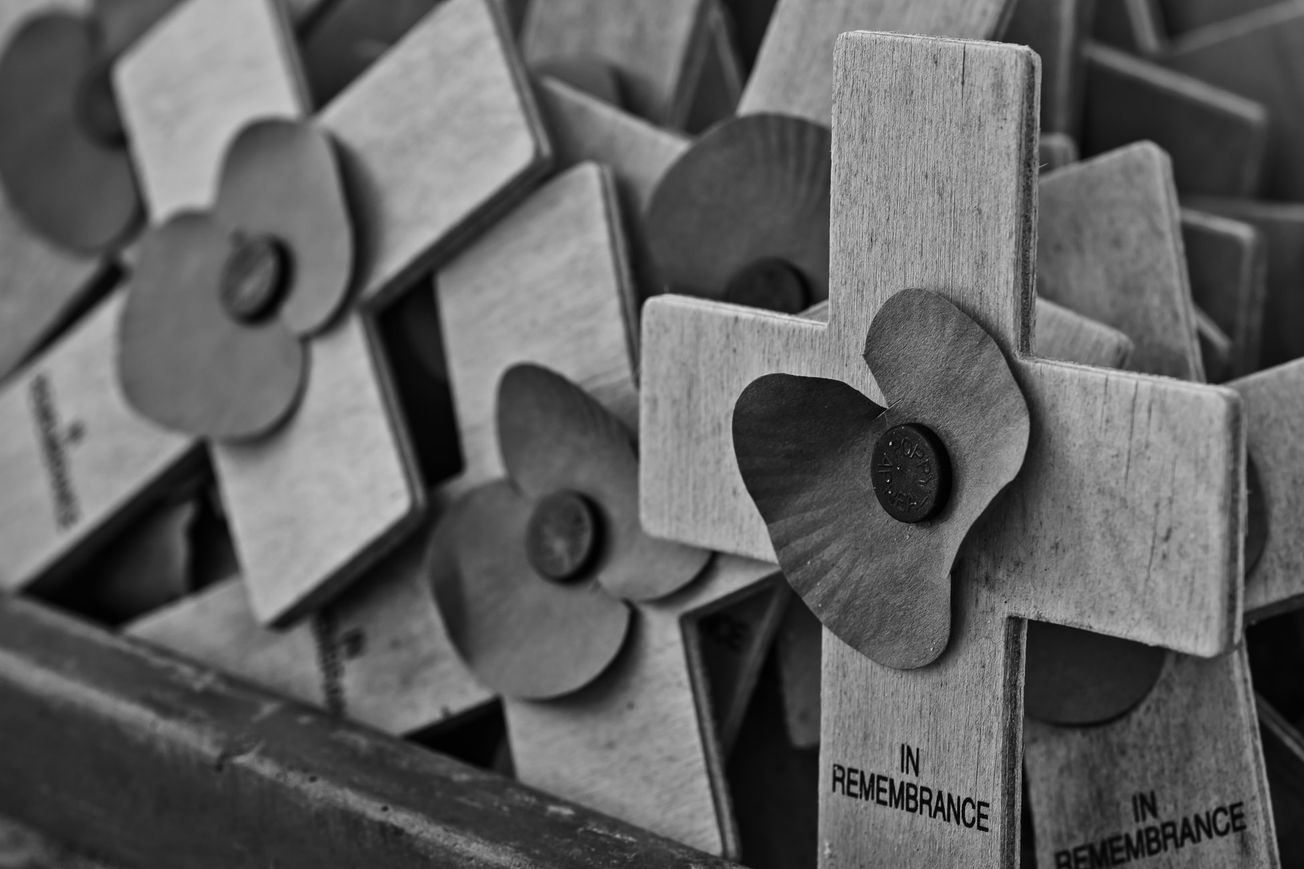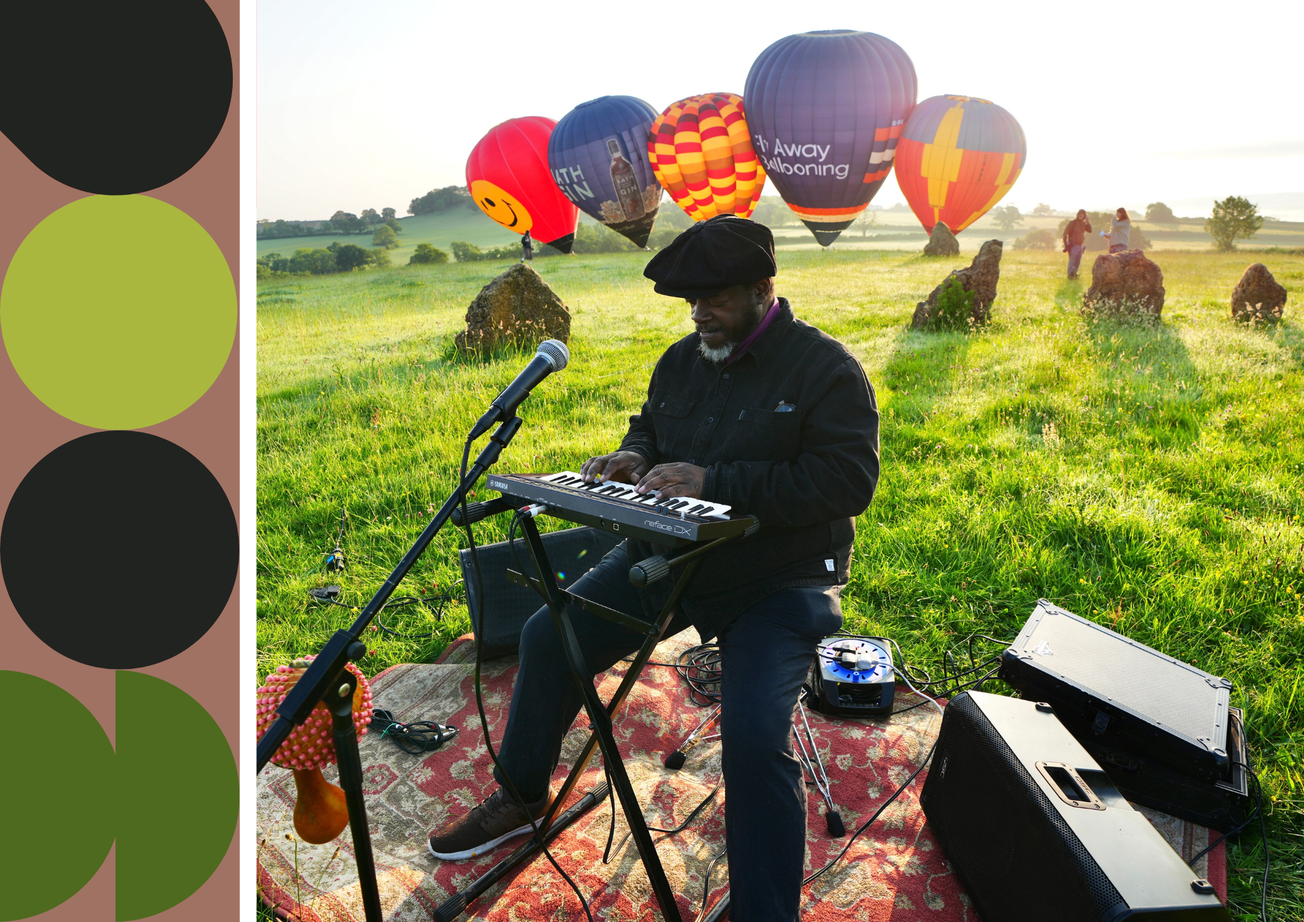By James McWilliams, Second Year, History
An explanation of why we should still remember, this remembrance day.
On the eleventh hour of the eleventh day of the eleventh month, 1918, four years of gunfire ceased. Silence fell across the frontline. Troops began the voyage home to their families. Ever since 1919, the military triumph has been marked by Remembrance Day, a collective remembrance of all troops lost to conflict. That is the popular narrative of the end of the First World War, however, the reality is far more complicated. It has lead to the debate about whether or not we need to let Remembrance Day go.
Gunfire did not cease immediately upon the agreement of the armistice. General John Pershing, Commander of the American Expeditionary Force, for example, did not agree with armistice, and instructed his troops to continue fighting after the eleventh hour. Clashes also continued in East Africa due to the difficulty of telegramming news of the armistice to troops there.
That is the popular narrative of the end of the First World War, however, the reality is far more complicated
In fact, the alleged ‘final’ day of the war saw 11,000 casualties alone. This signifies a wider string of continuation of war in Europe throughout the century. The rise of nationalism across Europe led to another world-wide war, triggering later devastating conflict throughout the century, perhaps most visible in the Middle East.

There are challenges to the tradition of remembrance. Simon Jenkins once wrote an article in the Guardian arguing that we should not fuel inflammatory ideology politics with reminders of this history, that we should not allow the fetishizing of violence subtly disguised as remembrance, and we certainly should not be obliged to the 'corporate poppy.' Rather, for Jenkins, we must move on.
the alleged ‘final’ day of the war saw 11,000 casualties alone
Interestingly, a chapter dedicated to the politics of the poppy, written by James Fox concludes that the poppy itself has become a political tool, the focus of patriotism, violently used and rejected by fringe groups, as a symbol of mainstream British values, or displayed as a compulsory performing tool and symbol of political correctness during the month of November.
Such writings as these might lead one to conclude that both the day and the poppy belong firmly in the past. On balance there must be a degree of self-realisation that all at the university live in a relatively safe intellectual bubble - one unavailable to generations past, meaning that we must fully comprehend the scale of loss and devastation of the conflicts that we commemorate with this day.

War is universal. The First World War saw the loss of troops of all genders, races, nationalities, colours and religions. We should understand that the legacy of these conflicts is entrenched in all of us.
At the heart of our university in Will’s Memorial Building, the names of 173 people can be found on the Roll of Honour, a feature many of us will have walked past without taking notice. Those 173 students, professors, and staff would have had aspirations similar to ours, with talents and dreams which fell to gunfire in muddy fields in foreign lands.
The 20th century saw some of the worst atrocities of human historyand for that we must be grateful for the privilege of safety we enjoy; we must remember not out of patriotism, romanticism or glorification of violence, but out of gratitude for the lives we have. We must ask ourselves, how much would those killed on the battlefield have given to lead lives that we often find ourselves complaining about?
Those 173 students, professors, and staff would have had aspirations similar to ours, with talents and dreams which fell to gunfire in muddy fields in foreign lands
This is why we must remember.
We do not live in a perfect world by any means. Today, politics is dominated by the world-wide rise of nationalism; a narrative driven increasingly by polarised camps fighting ideological wars with the bitterness and falsehoods that have in the past wreaked war across the world.
Forgetting cannot be the answer. We should remember the 173 heroes on Bristol’s Roll of Honour. We don’t just owe it to them out of gratitude, but to ourselves, to remember the ills that befall humanity when we forget the consequences of issues that still threaten our world.
Our generation enjoys an unprecedented degree of both safety and opportunity, although it can be easy in today’s climate to forget this. Let us collectively forget the often-mundane problems that plague our daily lives, and take two minutes to respectfully remember the sacrifice our predecessors, in the hope that we may be able to preserve the security that we ourselves enjoy, and gift it to generations to come.
Featured: Unsplash/ James Harris
Let us know your thoughts on the Remembrance Day commemorations in the comments.









